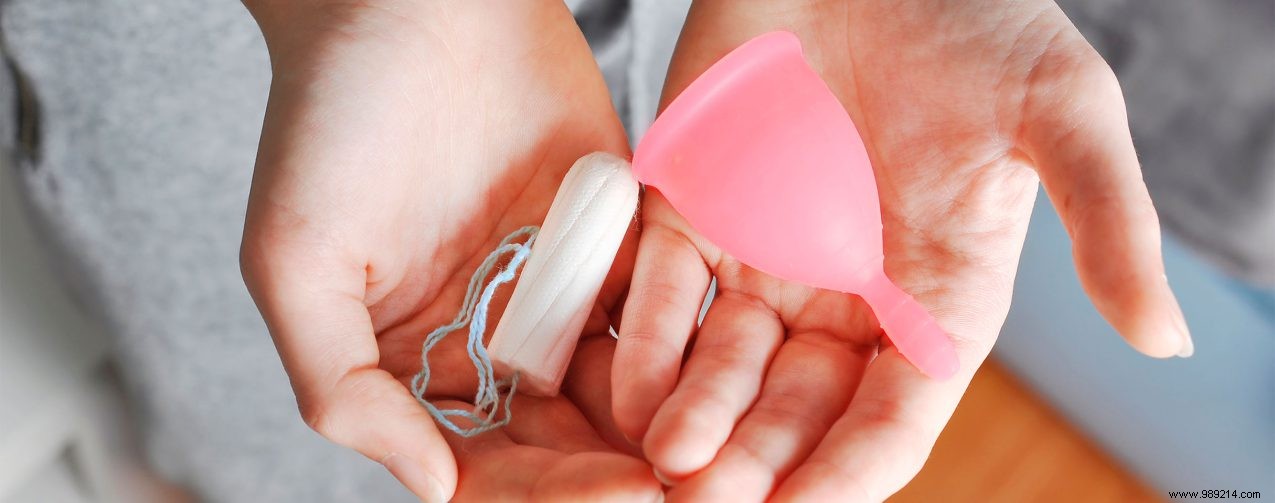
Toxic Shock Syndrome is also known as 'tampon disease', but what about TSS if you use a menstrual cup?
What is Toxic Shock Syndrome (TSS)? TSS is a rare infectious disease caused by the bacterium Staphylococcus aureus. The bacterium occurs naturally in our body, yet in some cases the bacterium can cause infections. Impetigo, acne, blood poisoning and pneumonia are examples of infections caused by the bacteria. Both men and women can get TSS, but about half of the patients are menstruating women.
Nickname:tampon disease This is how TSS is nicknamed tampon disease. If you keep a tampon in too long, the bacterium Staphylococcus aureus can start to produce toxic substances. As soon as they enter the bloodstream, it can cause TSS.
The symptoms of TSS
The following symptoms can occur suddenly with tampon disease:fever, headache, nausea, rash as if the skin has been bandaged by the sun, diarrhea, muscle spasm, vomiting, dizziness, fainting and drop in blood pressure. TSS can even be fatal, so it's important to stay alert.
What about menstrual cups? In recent years, menstrual cups have become increasingly popular. Can you also get TSS when using a menstrual cup? Various reports have appeared. According to one news item, the cups are safe, according to other reports they pose a greater risk of TSS than when using tampons.
So far, there have been a few reports of TSS when using a menstrual cup. TSS is caused by the bacterium Staphylococcus aureus, which is naturally present in our body. You could also contract TSS through wounds on your body. No menstrual product is completely without the risk of TSS.
Hygiene is important
You can reduce the risk of TSS by not leaving tampons and menstrual cups in longer than recommended, choose safe products and clean and disinfect your menstrual cup well. Insert a cup or tampon with clean hands. The presence of the Staphylococcus aureus bacteria is higher on your hands than in your vagina. TSS is rare, but has a severe course. Therefore, stay alert for symptoms.